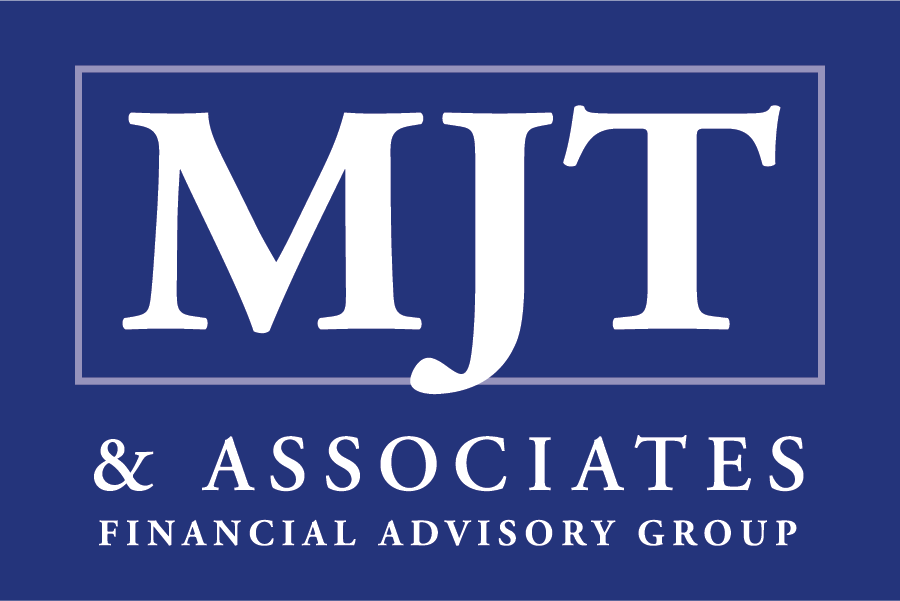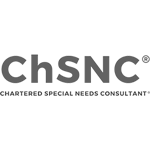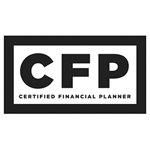Are you a small business owner feeling overwhelmed by the complexities of tax season? You're not alone. Many entrepreneurs find themselves scrambling to gather receipts, calculate deductions, and meet filing deadlines at the last minute. However, there's a better way to approach your business taxes that can save you time, money, and stress: proactive tax planning.
Tax planning is more than just an annual chore; it's a crucial aspect of financial management for small businesses. By implementing strategic tax planning throughout the year, you can significantly reduce your tax burden, improve cash flow, and gain a clearer picture of your company's financial health. Proactive tax planning allows you to make informed decisions about investments, expenses, and growth opportunities while maximizing available deductions and credits.
The benefits of effective tax planning extend far beyond simply lowering your tax bill. It can help you avoid costly mistakes, reduce the risk of audits, and provide valuable insights into your business operations. By staying on top of your tax obligations, you'll be better positioned to take advantage of tax-saving opportunities as they arise, rather than discovering them too late. Moreover, a well-executed tax strategy can free up resources that can be reinvested in your business, fueling growth and innovation.
Neglecting tax planning, on the other hand, can have serious consequences for small businesses. Without a clear strategy, you may miss out on valuable deductions, overpay on taxes, or face unexpected tax bills that strain your cash flow. In extreme cases, poor tax management can even lead to legal issues or jeopardize the long-term viability of your business. By prioritizing tax planning now, you can avoid these pitfalls and set your business up for financial success in the years to come.
As we delve deeper into the world of small business tax planning, we'll explore key strategies, deductions, and best practices that can help you navigate the complex tax landscape with confidence. From understanding essential deductions to working with tax professionals, we'll provide you with the knowledge and tools you need to take control of your business's tax situation and pave the way for a more prosperous future.
Web sources:
Understanding Tax Deductions and Credits
As small business owners, understanding the various tax deductions and credits available to you is crucial for maximizing your tax savings. Let's explore some of the key opportunities that can significantly reduce your tax burden and improve your bottom line.
One of the most common and valuable deductions for small businesses is the ability to write off ordinary and necessary business expenses. This broad category includes everything from office supplies and equipment to marketing costs and professional fees. It's essential to keep detailed records of these expenses throughout the year to ensure you don't miss out on any potential deductions. Remember, even small expenses can add up to substantial savings over time.
For those who work from home, the home office deduction can be a significant tax-saver. To qualify, you must use a portion of your home exclusively and regularly for your business. You can choose between two methods for calculating this deduction: the simplified method, which allows you to deduct $5 per square foot of your home office (up to 300 square feet), or the regular method, which involves calculating the actual expenses related to your home office. While the regular method may result in a larger deduction, it also requires more detailed record-keeping.
Vehicle expenses are another area where small businesses can find substantial tax savings. If you use your personal vehicle for business purposes, you can deduct either the actual expenses related to business use or use the standard mileage rate set by the IRS. For 2023, this rate is 65.5 cents per mile driven for business purposes. Keeping a detailed mileage log is crucial for substantiating your deduction, regardless of which method you choose.
In addition to deductions, small businesses should also be aware of available tax credits, which directly reduce your tax bill dollar-for-dollar. One notable example is the Small Business Health Care Tax Credit, which can benefit businesses with fewer than 25 full-time equivalent employees. This credit can cover up to 50% of the premiums paid for employee health insurance, providing a significant incentive for small businesses to offer health coverage to their workforce.
Web sources:
https://www.nerdwallet.com/article/small-business/small-business-tax-credits-guide
https://www.nerdwallet.com/article/small-business/small-business-tax-deductions-guide
Strategies for Maximizing Tax Savings
Now that we've explored the key deductions and credits available to small businesses, let's delve into strategies that can help you maximize your tax savings. One of the most fundamental decisions that can impact your tax situation is choosing the right business structure. Whether you operate as a sole proprietorship, partnership, LLC, or corporation, each structure has its own tax implications. We recommend regularly reviewing your business structure with a tax professional to ensure it aligns with your current needs and goals.
Timing your income and expenses strategically can also lead to significant tax savings. For instance, if you anticipate being in a lower tax bracket next year, you might consider deferring income to the following year or accelerating deductible expenses into the current year. Conversely, if you expect to be in a higher bracket next year, the opposite approach might be more beneficial. This strategy, known as income shifting, can help you manage your tax liability more effectively over time.
Maximizing your retirement contributions is another powerful way to reduce your taxable income while securing your financial future. As a small business owner, you have several options, including SEP IRAs, SIMPLE IRAs, and Solo 401(k)s. These plans often allow for higher contribution limits than traditional IRAs, potentially leading to substantial tax savings. We encourage you to explore these options and consider making the maximum allowable contributions to minimize your tax burden and boost your retirement savings.
Leveraging depreciation rules can also provide significant tax benefits for small businesses. The Section 179 deduction and bonus depreciation allow you to write off the full cost of qualifying equipment and property in the year of purchase, rather than depreciating it over several years. This can result in substantial upfront tax savings and improved cash flow for your business. However, it's crucial to understand the limitations and requirements of these provisions to ensure you're using them effectively.
Finally, we can't overstate the importance of keeping accurate records and utilizing tax planning tools and software. Maintaining detailed records of your income, expenses, and assets not only ensures you're claiming all eligible deductions but also provides valuable insights into your business's financial health. Additionally, tax planning software can help you track expenses, estimate tax liabilities, and identify potential savings opportunities throughout the year. By staying organized and leveraging these tools, you'll be better equipped to make informed decisions and maximize your tax savings.
Web sources:
https://www.nerdwallet.com/article/small-business/small-business-tax-deductions-guide
https://www.nerdwallet.com/article/small-business/small-business-tax-credits-guide
Working with Professionals and Avoiding Common Mistakes
While implementing effective tax strategies can significantly benefit your small business, navigating the complex world of tax planning can be challenging. This is where working with a professional tax advisor becomes invaluable. A qualified tax professional can provide personalized advice tailored to your specific business situation, ensuring you're taking advantage of all available deductions and credits while remaining compliant with tax laws and regulations.
One of the key benefits of partnering with a tax advisor is their ability to help you implement advanced tax strategies that you might not be aware of or feel confident executing on your own. These professionals stay up-to-date with the latest tax code changes and can guide you through complex situations such as business expansions, mergers, or succession planning. Moreover, they can assist in developing a comprehensive tax plan that aligns with your long-term business goals, potentially saving you significant amounts of money over time.
However, even with professional guidance, it's crucial to be aware of common tax planning mistakes that small businesses often make. These include mixing personal and business expenses, failing to keep accurate records, misclassifying employees and independent contractors, and overlooking potential deductions or credits. By understanding these pitfalls and working closely with your tax advisor to avoid them, you can ensure that your tax planning efforts are as effective as possible.
As we conclude our discussion on tax planning for small businesses, we can't stress enough the importance of taking a proactive approach. By implementing the strategies we've discussed, working with a professional advisor, and staying informed about tax laws and opportunities, you can significantly reduce your tax burden and improve your overall financial health. Remember, effective tax planning is an ongoing process, not a once-a-year event. We encourage you to take action today to secure your business's financial future and set yourself up for long-term success.
Web sources:











